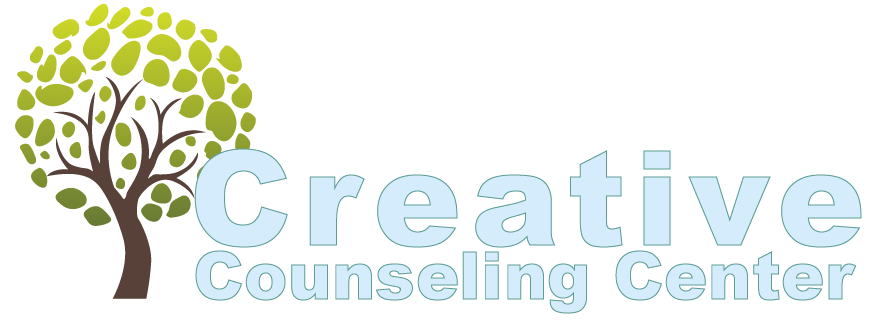The Best of Times, the Worst of Times & When It’s Time to Stop Therapy
Many people seek therapy when they are struggling with specific challenges or emotions: fear, depression, anxiety, grief and loss, relationship woes, etc. In some circumstances, clients “graduate” from therapy as soon as their presenting symptoms cease. However, when therapy is more self-exploratory, simply feeling better isn’t reason enough to quit therapy. Here’s why…
Contrary to popular belief, therapists don’t—or shouldn’t—foster lifelong dependencies with their clients. The goal of our therapists is to equip each of their clients with the tools necessary to eventually move on from therapy and live a happy and fulfilling life. The journey to get to that point, however, often feels like a rollercoaster ride—filled with the highest highs, crashing lows, and lots of twists and turns.
The problem is that the highest highs often give people the impression that they are ready to transition out of therapy. And people often feel those highest highs around this time of year—when the sun is warm and serotonin production is in high gear. However, a crashing low may be coming up just around the corner, and without the proper, healthy coping mechanisms, an individual can easily revert back to where they were before… or worse.
So, how do you know when it’s time to stop therapy? This is a decision to be made collaboratively with your therapist—not something that a person should decide on their own. Our therapists look for signs that an individual is able to look at and understand their behavior and is capable of enacting change to the actions or circumstances that drove them to seek therapy in the first place. While there is no set timeframe for how long an individual will need therapy, it often requires several months’, possibly 1 to 2 years, commitment participating in counseling session to reap the greatest rewards.
If you’re feeling better and thinking about ending therapy, talk to your therapist first about it. Let your therapist know if you feel you’re no longer getting anything out of your sessions, or if you believe you’ve accomplished your therapy goals. We also recommend reading this White Paper, Therapeutic Persistence: Why Feeling Better Doesn’t Mean It’s Quitting Time & How to Know When It Is. Just enter your contact information below to access your free download.
Download the White Paper

At the end of the day, if you are working with a good, results-oriented therapist, ending your relationship should feel like a natural progression, albeit one that comes with a whole suite of new emotions: fear of trusting yourself on your own; vulnerability after having bared your soul to this person—a bittersweet end to a valued relationship. But even after you stop visiting your therapist regularly, you can always come back as new issues arise. In good times and in bad, your therapist is always available to you.
Contact Creative Counseling Center
If you are already working with a therapist, but feel you’re not making any progress—or if you are just starting to weigh the pros and cons of therapy—take advantage of our offer for a free phone consultation and speak with a member of our therapeutic team. Our office employs the best team of therapists in Denver. We’re happy to answer your questions and guide you in the direction of whatever help you need.
Contact Us
We will get back to you as soon as possible.
Please try again later.

ABOUT THE AUTHOR
Teri Karjala is a Licensed Professional Counselor & Marriage and Family Therapist. She is the founder and Executive Director of Creative Counseling Center, LLC. Working in the field since 1999, Teri and her team of therapists specializes in counseling for those who have experienced trauma. They work with children as young as age 2, as well as teens and adolescents, adults, seniors, families, and couples.
REQUEST A FREE CONSULTATION
If you have questions about counseling, would like to find out if counseling could help you or a loved one, or are interested in learning more about our services, just complete the brief form below to request a Free Phone Consultation. A member of our team will contact you shortly. After a brief conversation, we'll determine together whether our practice is right for you and which therapist may be best suited for your specific circumstance.
Finding the right therapist, one you click with, is less about the therapist's experience and qualifications and more about the therapist's personality. So let's talk. Let us match you with a therapist you have a high likelihood of clicking with.
Fields marked with an * are required.
Contact Us
We will get back to you as soon as possible.
Please try again later.
GET SOCIAL WITH US
CONNECT WITH US
PHONE
EMAIL US
ADDRESS
6021 South Syracuse Way, Suite #216
Greenwood Village, CO 80111
OFFICE HOURS
Monday-Thursday: 8:30am-8pm
Friday: 12pm-5pm
Saturday: 12pm-4pm



